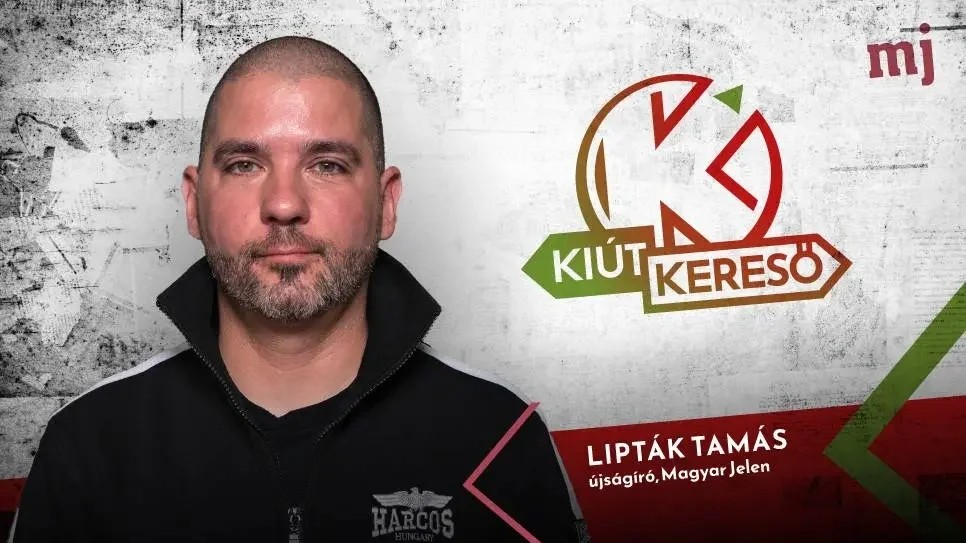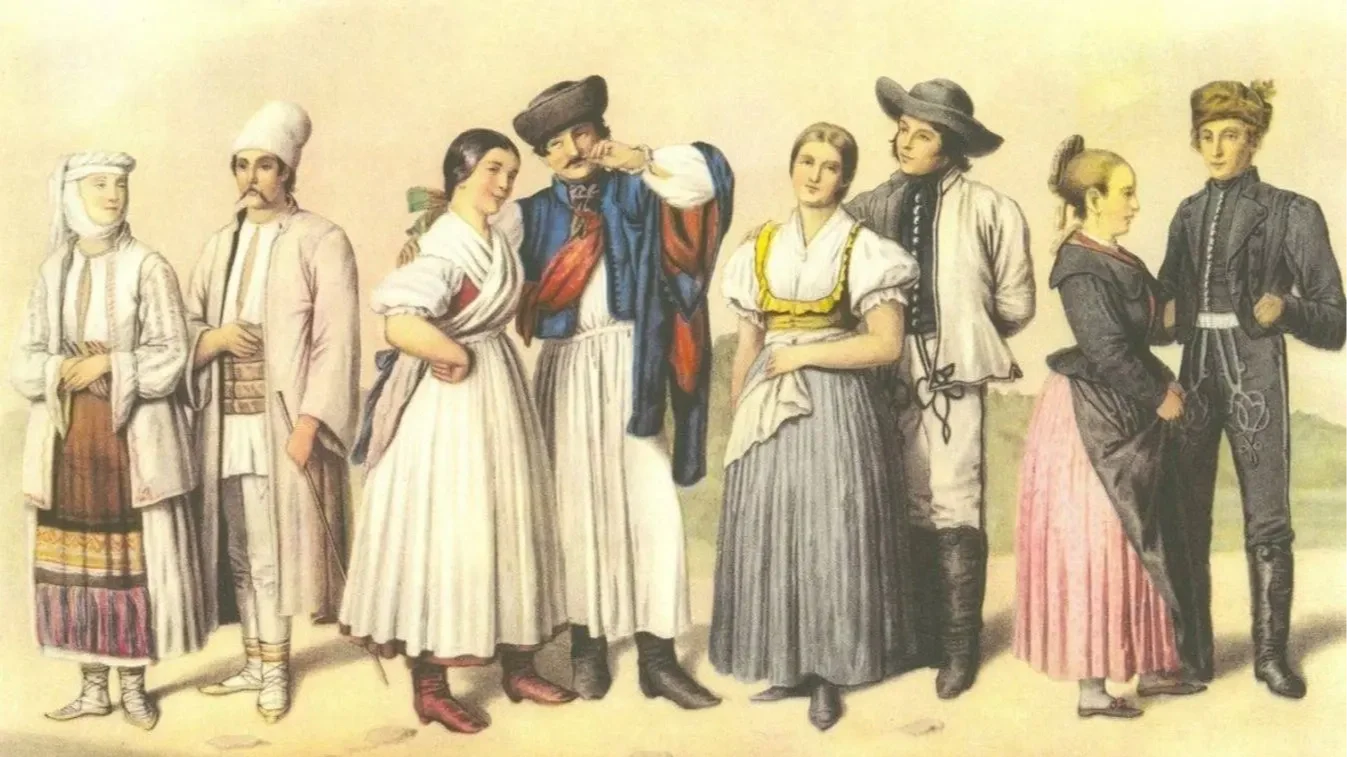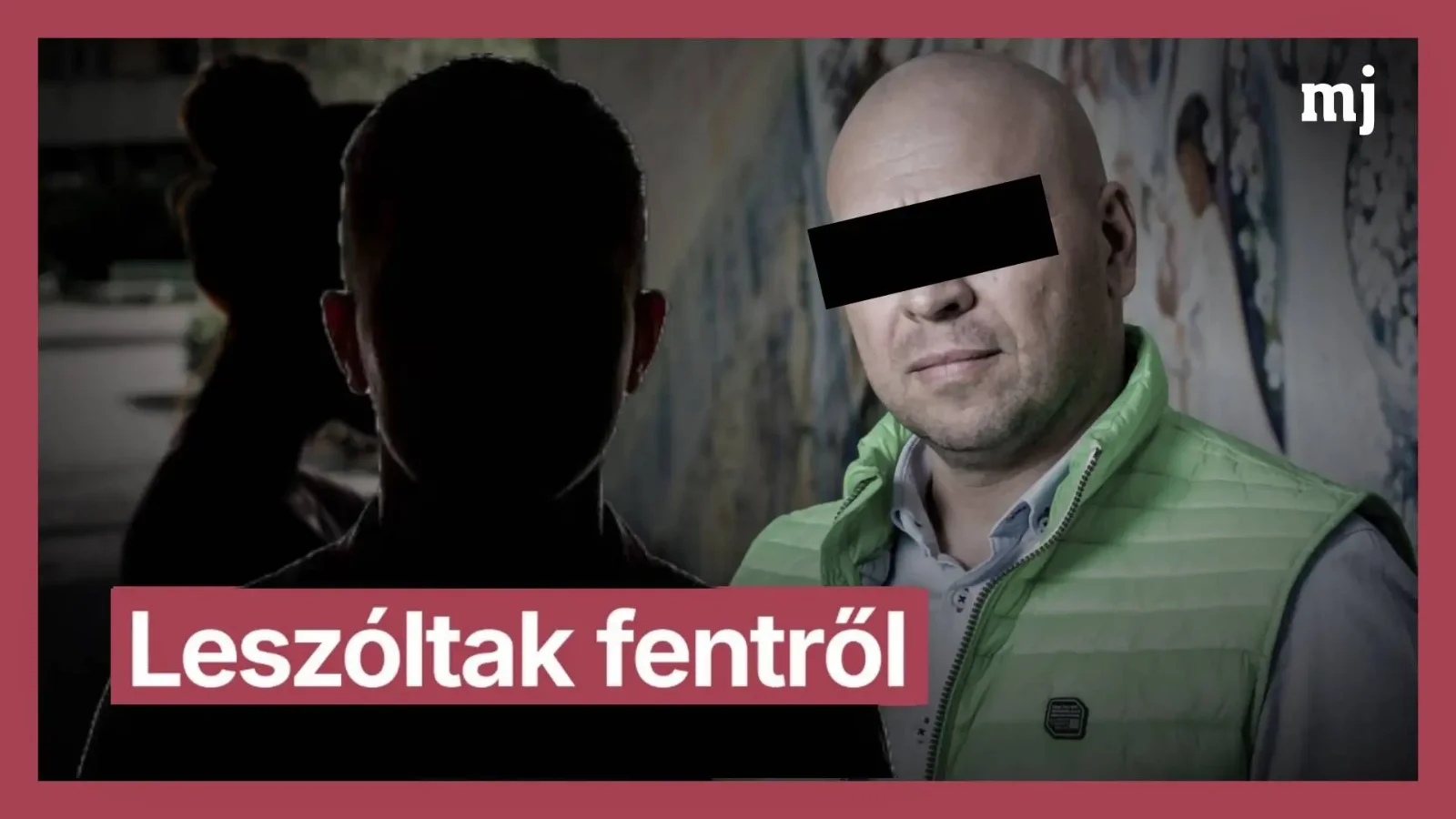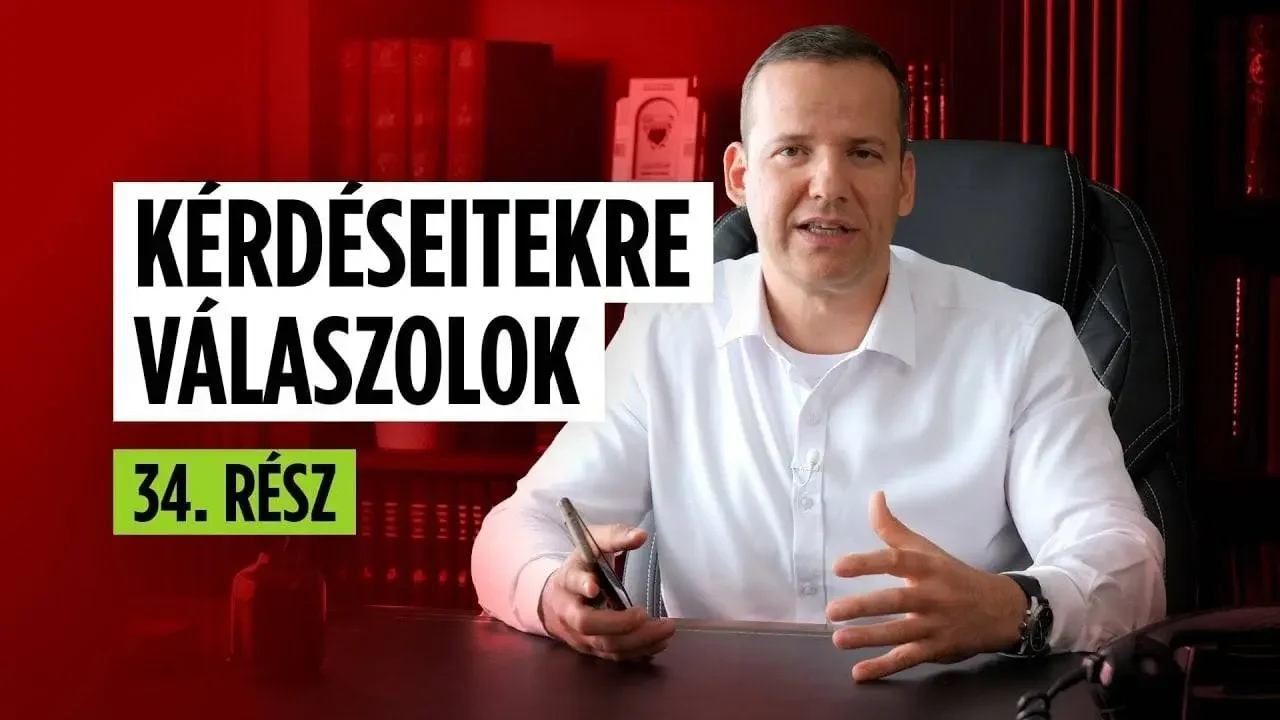Kollár’s Betrayal Sparks Nationalist Fury in Hungary
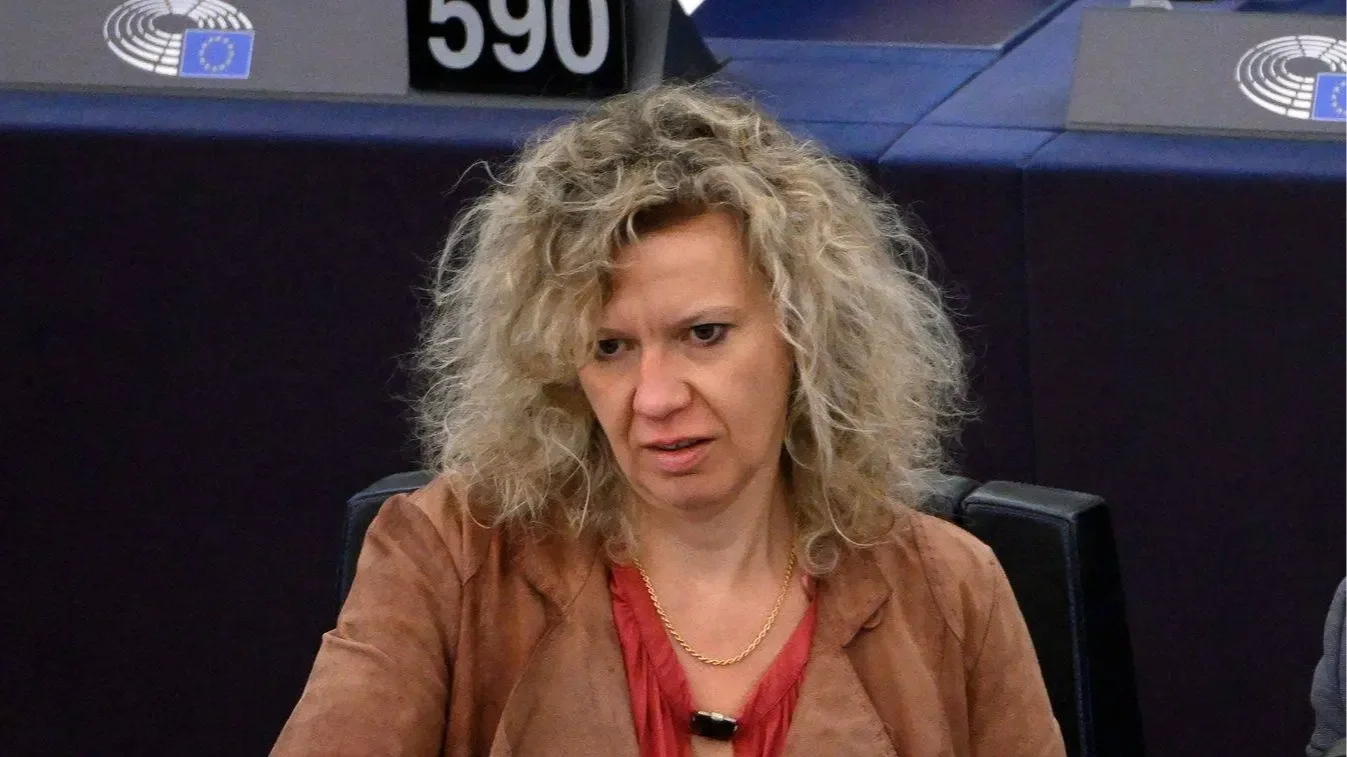 MTI/Purger Tamás
MTI/Purger Tamás
The European Union's sanctions against Hungary have become a contentious issue within the country. Recently, Kinga Kollár, a Member of the European Parliament (MEP) from Hungary's extreme left-liberal Tisza Party, has ignited controversy with her enthusiastic support for these sanctions. In a YouTube video published by VOKS.news titled, “Kinga Kollár MEP on EU Sanctions,” she boldly described the sanctions as “effective.” Her remarks suggested a certain glee at the disruption they have caused to Hungary’s economy, infrastructure, and living standards.
Kollár’s position—seen by many as betraying the Hungarian people—underscores both her alignment with the Brussels bureaucracy and Tisza Party’s willingness to capitalize on national hardship for political gain. It also reflects a broader trend among extreme left‑liberal opposition politicians prioritizing transnational objectives over their nation’s interests.
The EU's sanctions, implemented through the so-called 'rule-of-law conditionality mechanism,' function as a political coercion tool that aims to align Hungary with the EU authorities’ ideological requirements. Since Viktor Orbán's Fidesz came to power, Hungary has faced constant accusations from left-liberal and centrist EU officials of undermining judicial independence and media freedom. Fidesz aligned conservatives dismiss these accusations as exaggerated retribution for Hungary's resistance to globalist policies. The freezing of €21 billion in cohesion and recovery funds has stalled crucial infrastructure projects, delayed hospital renovations, and reduced living standards, directly affecting everyday Hungarians. Rather than singling out the government, these sanctions serve as a broad punishment used by EU leaders to intervene in Hungary’s domestic affairs and diminish its sovereignty—a tactic typical of the EU leadership’s overbearing stance toward nonconforming member states. Although these sanctions were aimed at the Hungarian government, Kollár’s statements have drawn attention to their effect on everyday Hungarians.
Kollár’s remark in the viral YouTube video — “The suspension of funds has worked: the delays in infrastructure, halted hospital renovations, and falling living standards are evident”—is factual and reveals a disturbing acknowledgment of the sanctions’ destructive consequences.
Her tone also implies a twisted hope that Hungary’s suffering will improve Tisza Party’s electoral chances in 2026, assuming public despair will lead to Fidesz’s ouster. Conservative and nationalist media, including Magyar Nemzet and Magyar Jelen, condemned her speech as “scandalous betrayal” and “collusion with Brussels” designed to undermine Hungary’s spirit. It sparked public outrage, with social media branding Kollár a traitor reveling in her country’s misfortune.
The backlash was swift. Magyar Nemzet reports that a formal complaint has been filed with the Constitution Protection Office, accusing Kollár of contributing to economic destabilization. Magyar Jelen escalated matters further, branding Kollár and fellow Tisza MEP Bódis Kriszta as “puppets of Brussels,” accusing them of sacrificing Hungarian interests for EU approval.
Zsuzsanna Borvendég, MEP for Mi Hazánk, condemned the remarks as “shameful,” expressing disbelief that a Hungarian representative would support what she called the EU’s economic war on the Hungarian people. “Tisza Party’s willingness to trade Hungary’s welfare for political gain is disgraceful,” she added.
Mi Hazánk leader László Toroczkai, a frequent critic of Orbán’s government for its failure to enact systemic reforms, went further: he accused Kollár and her party of treacherously siding with Brussels to dismantle the nation’s infrastructure, leaving ordinary citizens to pay the price. “Kollár’s words reveal Tisza Party’s true colors,” Toroczkai stated. “They collude with Brussels to cripple Hungary’s economy and healthcare. This is a direct attack on our nation’s future.”
This episode exposes a deeper crisis within Hungary’s extreme left‑liberal opposition, embodied by the Tisza Party’s subservience to a technocratic, globalist agenda. Instead of representing Hungarian citizens, figures like Kollár—already notorious for her anti-Hungarian outbursts—and her allies act as proxies for EU technocrats, who wield political and financial pressure to force compliance.
This servility reflects a growing trend among extreme left‑liberal factions across Europe: prioritizing supranational institutions over national sovereignty.
Kollár’s remarks are not mere gaffes—they are clear signals of an opposition willing to trade away Hungary’s independence for alignment with unelected EU elites. These developments raise serious concerns that Brussels could attempt to influence the 2026 elections in favor of its loyalists.
In response to the criticism, Tisza Party leader Péter Magyar defended Kollár, arguing that her comments were taken out of context. Magyar attempted to draw parallels to a 2006 speech by Orbán that criticized EU fund misuse. However, critics point out that this comparison fails to address a key difference: Orbán’s critique targeted corruption, not the withholding of funds that harm the populace. Magyar’s deflection onto Fidesz governance shortcomings can’t hide that Kollár’s remarks endorse sanctions punishing the Hungarian population, not merely its government. Even the nominally independent Daily News Hungary offered a lukewarm analysis, framing Kollar’s comments as a neutral account of sanctions’ effects—a weak defense that ignores her apparent pleasure at Hungary’s plight.
Hungary’s media divide is stark: conservative and nationalist outlets like Magyar Nemzet and Magyar Jelen decry Kollár’s role in an EU‑led attack on sovereignty—citing project backlogs and falling living standards—while Tisza‑aligned and globalist media frame her remarks as a call for accountability, a narrative undermined by the facts. In Hungary’s polarized environment, such defenses draw ridicule as out‑of‑touch elite rhetoric, disconnected from citizens’ everyday concerns.
Kollár’s scandal exposes EU hypocrisy—it claims to champion democracy while using economic sanctions to undermine Hungary’s democratic will, a form of electoral interference aimed at weakening conservative and nationalist governments. By praising these actions, Kollár and the Tisza Party betray their allegiance to Brussels’ efforts to erode Hungary’s sovereignty. The effects of the sanctions—stalled hospitals, crumbling infrastructure, and declining living standards—have squeezed the Hungarian people, yet Kollár’s remarks suggest she views this suffering as a political opportunity. This cynical opportunism highlights the extreme liberal opposition’s gulf from the people they profess to serve.
References: YouTube, Magyar Nemzet, Magyar Jelen, DailyNewsHungary, statements from Zsuzsanna Borvendég and László Toroczkai (Mi Hazánk press releases), Péter Magyar interview (Tisza Party official website)
Az X- és Telegram-csatornáinkra feliratkozva egyetlen hírről sem maradsz le!Mi a munkánkkal háláljuk meg a megtisztelő figyelmüket és támogatásukat. A Magyarjelen.hu (Magyar Jelen) sem a kormánytól, sem a balliberális, nyíltan globalista ellenzéktől nem függ, ezért mindkét oldalról őszintén tud írni, hírt közölni, oknyomozni, igazságot feltárni.
Támogatás


